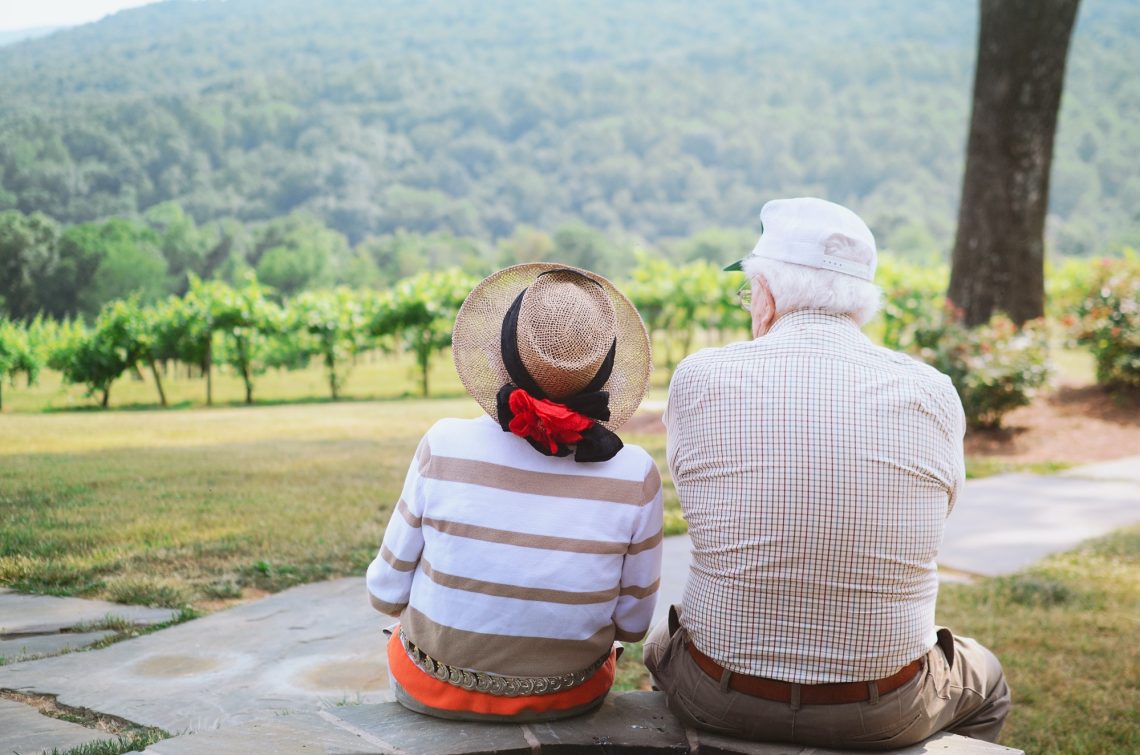
How to Care for Someone with Dementia: Essential Tips and Strategies
If you’re reading this, chances are you’re stepping into the important role of caring for an elderly relative—perhaps someone with dementia. It can feel overwhelming at times, but don’t worry; you’re not alone in this journey. Let’s chat about how to care for someone with dementia and when to reach out for support.
Understanding Dementia
First things first, it’s crucial to understand what dementia is. It’s not a single condition but an umbrella term for a range of symptoms affecting memory, thinking, and social abilities. When caring for someone with dementia, patience is key! You might notice changes in their mood or behaviour, which can be challenging. But remember, these shifts are part of the condition, not a reflection of your loved one’s true self.
Making Home Safe and Comfortable
Creating a comfortable environment is essential. Start by decluttering spaces to prevent falls, and consider using night lights to help them navigate through the house at night. Clear labels on doors, rooms, and essential items can also help your relative feel more secure and less confused.
Daily Routines Matter
Establishing a daily routine can help create a sense of stability for someone with dementia. Try to keep meal and sleep times consistent. Engage them in simple activities such as gardening, cooking, or even watching their favourite TV show together. The key is to strike a balance between routine and flexibility, ensuring they stay engaged without feeling overwhelmed.
Communication is Key
When learning how to care for someone with dementia, communication becomes your superpower. Speak clearly and calmly, using simple language. It’s helpful to ask yes-or-no questions to make it easier for them to respond. Remember to focus on their feelings and emotions; sometimes, it’s more about how they feel than what they can articulate.
When to Get Support
Caring for an elderly relative can be a rewarding experience, but it can also be draining. It’s vital to acknowledge when you need help. If you find yourself feeling stressed, overwhelmed, or even frustrated, it might be time to seek support.
Check out local resources like dementia support groups or community services that offer respite care. These services can provide much-needed relief and allow you to recharge. You can also consider hiring a professional caregiver for a few hours a week to give you some breathing room. Furthermore, you may also wish to discover Eastleigh care homes in Devon which offer modernised facilities and a range of personalised services.
Don’t Forget Self-Care
Lastly, don’t neglect your own well-being. Caring for someone else can take a toll on your physical and mental health. Make time for yourself—whether it’s hitting the gym, grabbing a pint with friends, or simply enjoying a quiet evening with a book.
Conclusion
Caring for an elderly relative, especially one with dementia, is a significant responsibility, but it can also be incredibly fulfilling. By creating a safe and engaging environment, maintaining open communication, and knowing when to seek help, you can navigate this journey with confidence. Remember, you’re doing important work. Don’t hesitate to reach out for support when you need it. You’ve got this!
Until next time.




